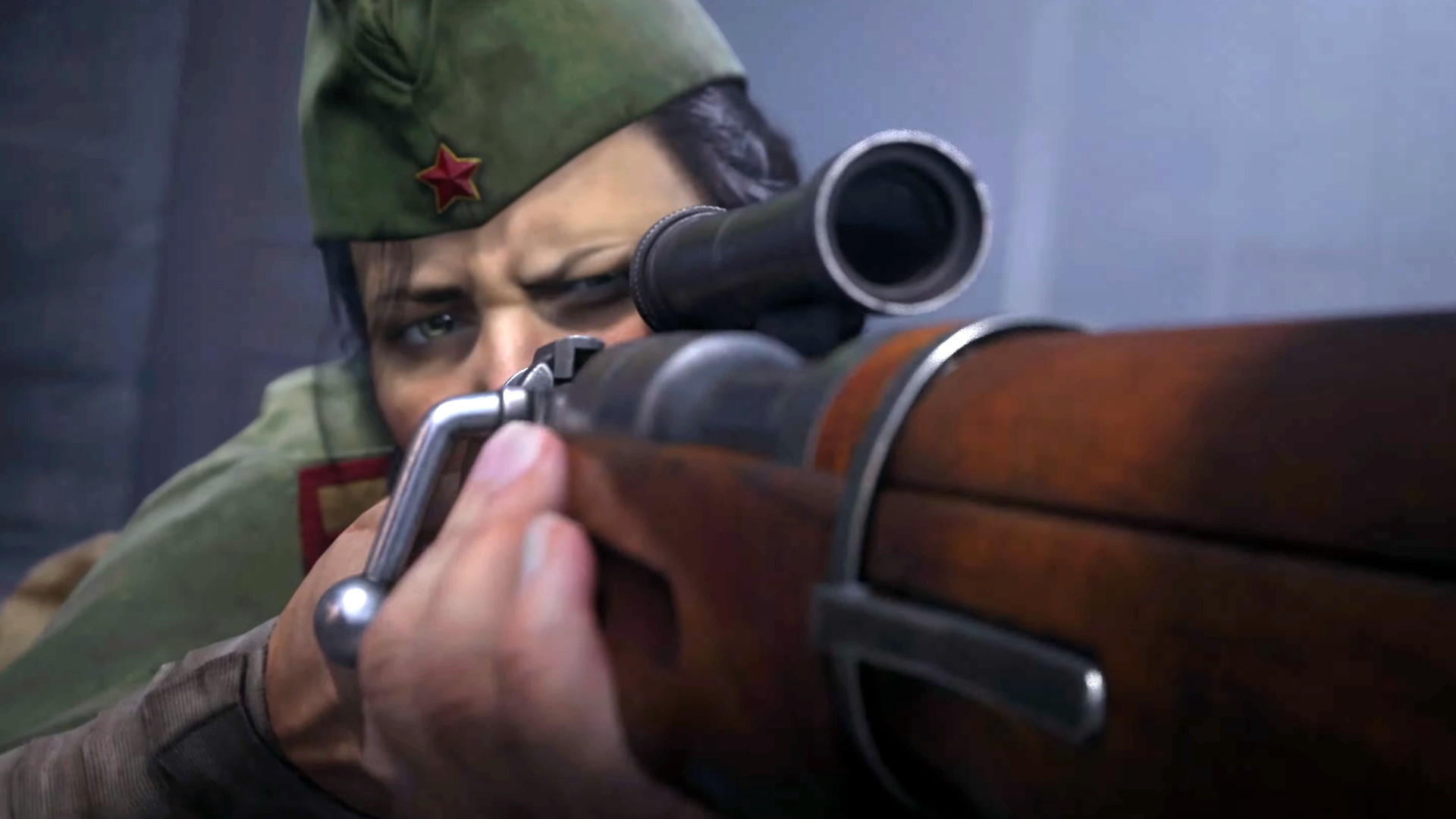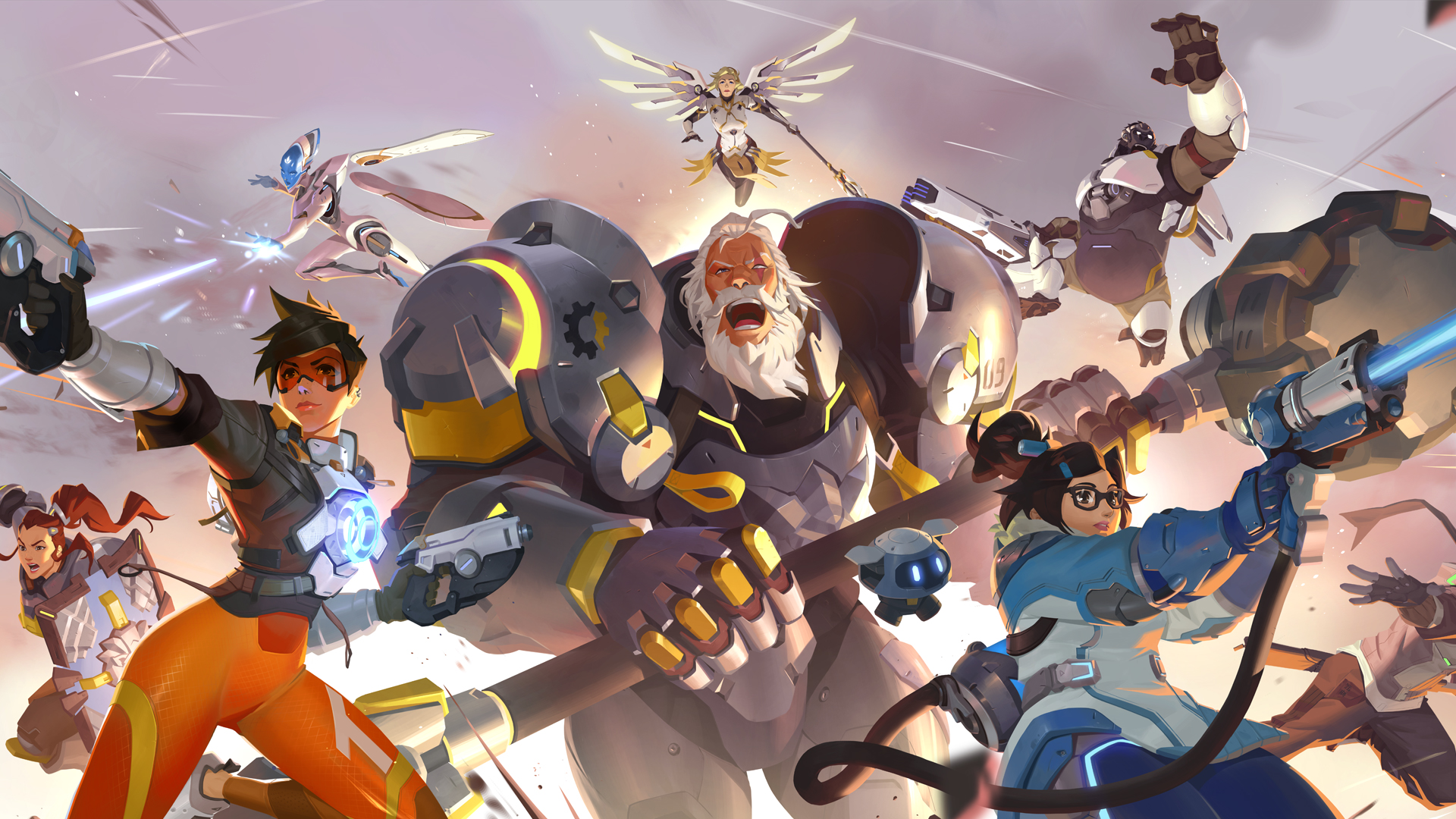Government approval of Xbox Activision deal "likely to be long and not guaranteed," analyst says
"I think this deal is more about putting pressure on Sony," adds David Cole of DFC Intelligence

Update - January 20: Congressman Jerry Nadler, who represents New York's 10th Congressional District, touched on Microsoft's Activision acquisition in a recent tweet in support of the belief that the deal will face intense scrutiny from regulators and lawmakers.
"Activision Blizzard – already a gaming giant – has a pattern of bullying workers to evade accountability for rampant sexual misconduct," Nadler claimed. "I expect this deal to be closely scrutinized to ensure that it won't harm American workers or competition."
Original story:
The seismic Microsoft Activision purchase will likely face a long and intense review process for which government approval is "not guaranteed," says analyst David Cole, founder of DFC Intelligence.
"There will be a great deal to work out here and getting it past government regulators will be a major hurdle," Cole told GamesRadar+. "This includes not just the US, but around the globe where Activision Blizzard products are sold including the European Union, China etc. You also have the issue of market share in the console space, PC space and mobile space to be addressed. The approval process is likely to be long and not guaranteed."
The biggest purchase in the history of the games industry was announced just hours before the US government revealed a sweeping review of merger guidelines which could tighten, alter, or otherwise complicate the approval process for acquisitions much like this. However, the Department of Justice and Federal Trade Commission declined to comment on potential implications for the Activision Blizzard deal specifically, and as Cole said, the US isn't the only country involved here. That said, large tech companies like Microsoft are already more likely to face more intense scrutiny from regulating bodies given Washington's ongoing push for stricter regulations on consolidation in this space, and this deal is more than five times the second-largest purchase in gaming history, so it's sure to raise eyebrows.
Cole previously argued that the Call of Duty franchise, and the potential Xbox exclusivity of it, will be a key factor in the deal's approval. Activision Blizzard has now confirmed that it won't pull existing games from other platforms after the acquisition is finalized, and Sony itself expects the publisher's games to remain available on PlayStation, but Xbox has yet to explicitly outline what upcoming games will be available on which platforms.
Sign up to the GamesRadar+ Newsletter
Weekly digests, tales from the communities you love, and more

This deal is about more than Call of Duty, but we know Microsoft didn't spend nearly $70 billion to share everything equally, and the company's treatment of Bethesda's properties has undeniably set a precedent for its acquisitions. Microsoft honored existing PS5 commitments, but other upcoming Bethesda games, including Starfield, have become Xbox console exclusives. Whether Microsoft will repeat the playbook of its Bethesda purchase, and how closely, remains to be seen.
"Making Call of Duty or other franchises exclusive to Xbox may not make good business sense and also is likely to be a red flag for government regulators around the globe," Cole affirmed. "You can look at what Microsoft has done with Minecraft, keeping it fairly independent. We think most Activision products will still be available for other platforms, but that being said, there is a lot that Microsoft can do to add extra features and advantages to make Call of Duty and other games more appealing on Xbox systems than other platforms. Obviously, adding it to Game Pass is just one example – buy for $70 on PS5 versus getting it as part of a subscription. It is more like 'Xbox equals better/cheaper' versus 'Xbox exclusive.'"
Xbox Game Pass is sure to be a massive edge for Microsoft with regards to multi-platform Activision-published games, and it's also easy to imagine a world where, for example, future Call of Duty games or Warzone updates lean toward Xbox despite being available on other platforms. Call of Duty, in particular, has always flip-flopped between Xbox and PlayStation-minded bonuses, and the PS4 has enjoyed several bits of exclusive content in the past few years especially. Needless to say, Xbox will soak up these kinds of bonuses going forward.
"Overall I think this deal is more about putting pressure on Sony, with Microsoft saying, 'We are the 800lb gorilla in the room and there is no stopping us,'" Cole concludes. "The PlayStation brand is strong among gamers but that is also an audience that can be fickle, and the issue is, can a company like Sony compete in the space or is the PlayStation brand maybe one that can eventually exist separate from Sony? Those are larger, long-term issues the deal raises, even if the merger does not go through as proposed."
Activision reportedly tried to sell to Facebook before going with Microsoft.

Austin has been a game journalist for 12 years, having freelanced for the likes of PC Gamer, Eurogamer, IGN, Sports Illustrated, and more while finishing his journalism degree. He's been with GamesRadar+ since 2019. They've yet to realize his position is a cover for his career-spanning Destiny column, and he's kept the ruse going with a lot of news and the occasional feature, all while playing as many roguelikes as possible.


